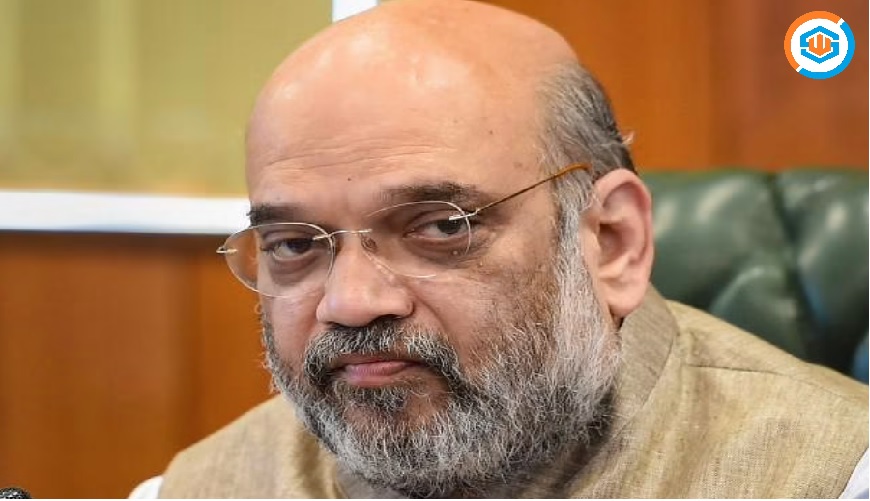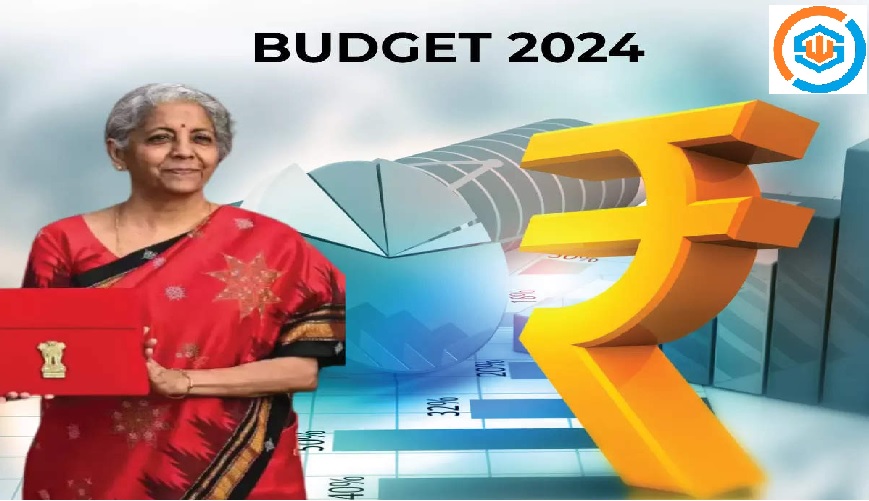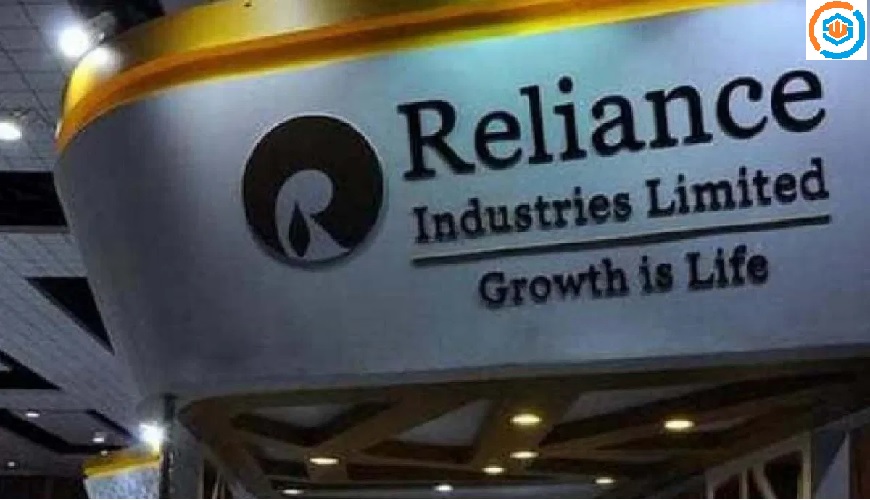
- 5 Dec
- 2021
Indian economy fastest in world to come out of Covid pandemic impact: Amit Shah
The Indian economy is the fastest in the world to come out of the impact of the coronavirus pandemic because of policy decisions taken by the Modi government, Home Minister Amit Shah said on Saturday.
Delivering the keynote address at the Hindustan Times Leadership Summit , Shah said Prime Minister Narendra Modi had envisioned that India would have great opportunities in the post-corona world.
He visualised that economic slump would affect the globe but the policy decisions by the government ensured that the global economic slowdown did not touch the country, Shah said. "It is the result of policy decisions of the Modi government that the Indian economy is the fastest to come out of corona impact across the globe," he said. On the new coronavirus variant Omicron, he said that the government is keeping a close watch on related developments.
Shah said the fiscal deficit remained in discipline in spite of the fact that the government committed Rs 15 lakh crore to be invested in the next three years to improve health infrastructure, provided free ration to 80 crore people and free vaccination to 130 crore people. "I am sure that country will find its place in the global order and the dream of Prime Minister Modi to have a five trillion dollar economy will come true," he said.
The home minister said the country has seen governments of the Congress and the NDA at the Centre and in states and that of socialists and communists in states, now experts on the economy must give a comparison by data analysis as to which government performed better in ushering development. "I believe that it is the duty of economic pandits that they bring forth this comparison before people so that they can decide at the time of elections. The result may not be according to your beliefs but this much transparency should be there," he said.
After the BJP came into power in 2014, Shah said, 80 crore people were brought into mainstream by opening their bank accounts and providing other facilities. He said the Modi government has shown humane face of the GDP. Elaborating on the point, Shah asked economists wether the supply of drinking water and cooking gas to every household and building of 10 crore toilets in the country will increase the GDP or not. Such policies not only help in the growth of GDP but also solve the problems faced by the people, he said. Shah said with steps such as direct benefit transfer, poverty alleviation, rural electrification and other programmes, PM Modi ensured the participation of everyone in the country's progress.
He said when the coronavirus struck, the World was apprehensive how a large country like India with such diversity, poor health infrastructure will cope with it. "People who ridiculed lamp lighting, bell ringing, masks, are now silent because the corona war was fought by 130 crore people along with state and central governments unlike the rest of the world where only governments were tackling the pandemic. When history is written there will be no other leader in the world who managed to convince 130 crore people to remain indoors just by self-discipline," he said. "After Lal Bahadur Shastri, I have not seen the country paying so much respect to the words of any leader as it did to Narendra Modi," Shah said.
In the second wave when the oxygen emergency came up there was chaos for six-seven days, but the prime minister successfully faced the challenge by patiently arranging all available resources from across the globe, optimal use of domestic resources and communicating with district levels, he said. "The production capacity of oxygen in the country was 1,500 MT per day but our requirement was 15,000 MT per day.
Within 10 days production was increased to 10 times under Prime Minister Narendra Modi," he said. In order to boost economic activities after the pandemic, Modi made policy reforms to improve manufacturing in the country, increase investment for factories, and to change the investment climate.
"This opened a lot of investment opportunities in the coal and mining sector. Investment is coming, production has increased. When the world was facing a coal shortage and people were writing that the country may plunge into darkness but nothing of that sort happened because we increased coal production in time," he said.











